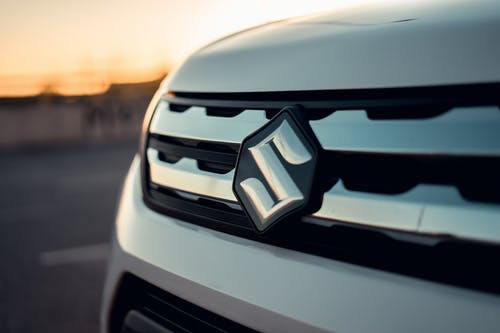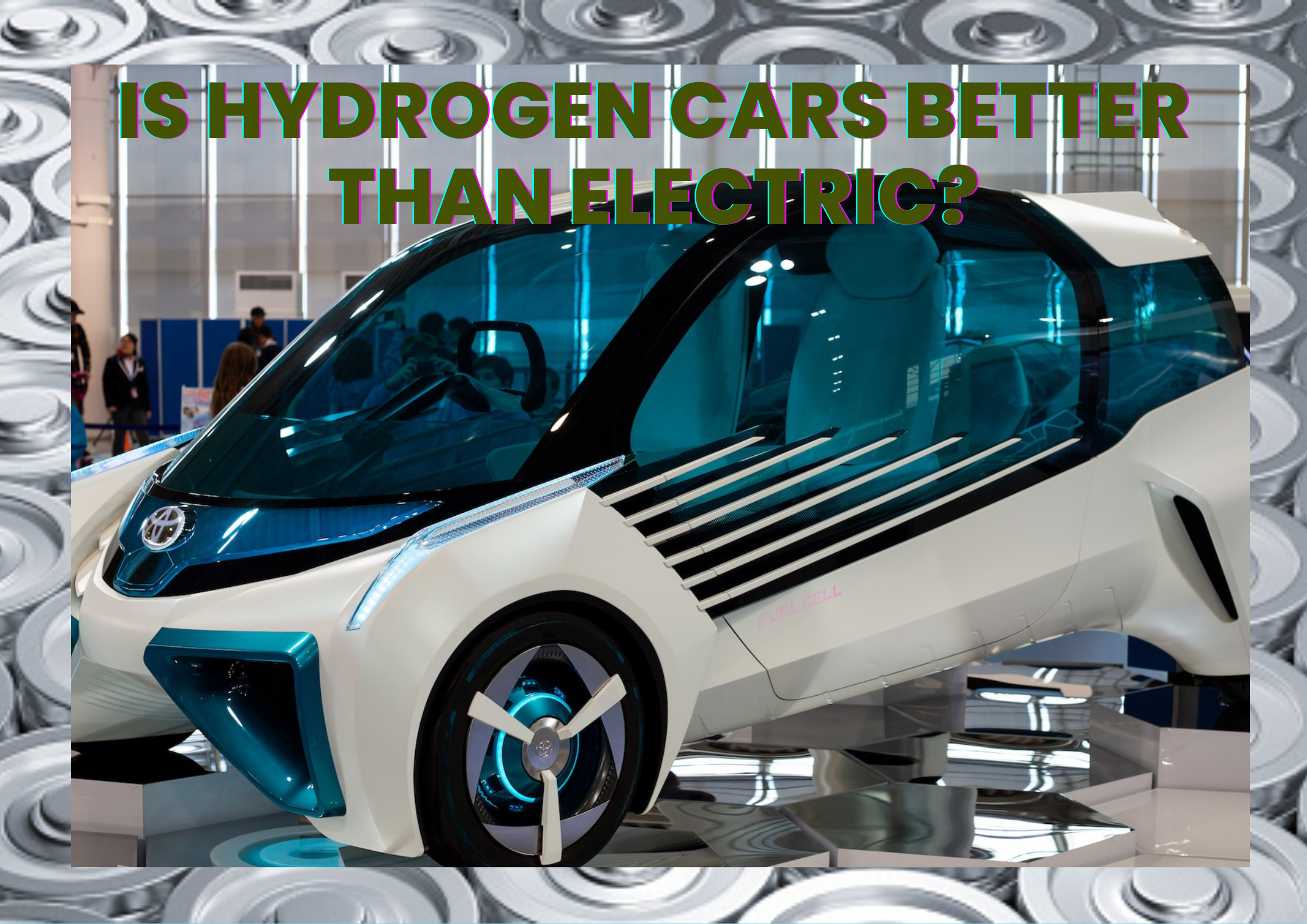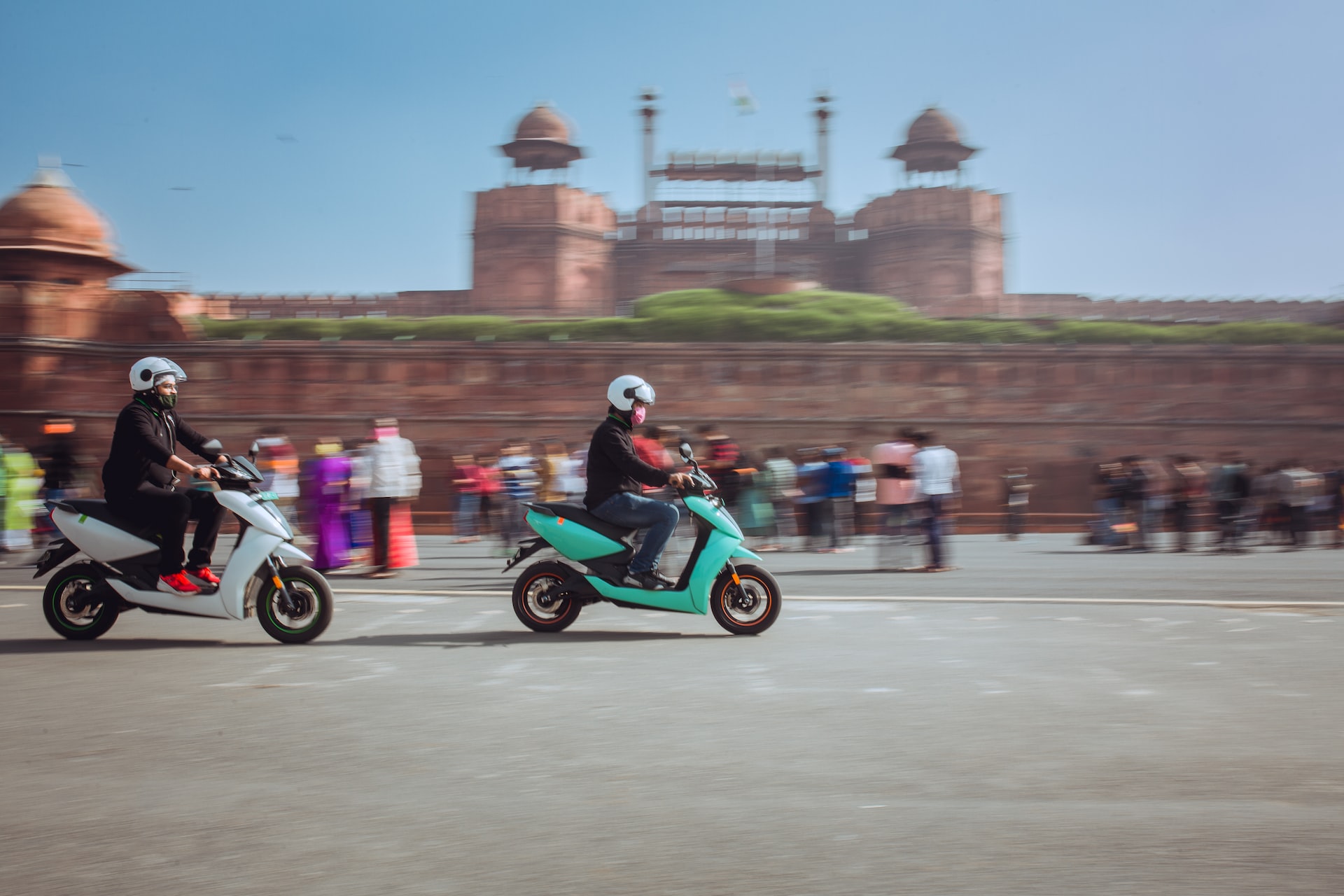Maruti Suzuki India (MSIL), which had been delaying the debut of its first electric vehicle (EV), has chosen to launch the WagonR, its first EV, in 2024, and would expand its product portfolio starting in 2026.
In 2018, the business unveiled its EV aspirations, stating that an electric vehicle would be available by 2020. However, MSIL said in 2019 that the launch will be postponed beyond 2020 due to a lack of charging infrastructure and the high cost of batteries.
Other automakers, such as Tata Motors and Hyundai Motor, are preparing line-ups till 2026 and 2028, respectively, and MSIL will take advantage of the chance as charging infrastructure and customer acceptability improve by then, according to sources close to the development.
The industry is also heavily investing in battery technology, partnering with companies such as Toshiba and Denso to not only manufacture but also supply batteries to other original equipment manufacturers (OEMs).
“We have announced that we will be introducing an EV by 2025,” an MSIL official replied when asked about a schedule. Development and testing for this prototype are proceeding according to plan. Meanwhile, Suzuki’s joint venture with Toshiba and Denso in Gujarat has already commissioned India’s first lithium ion cell manufacturing plant, with an investment of Rs 1,200 crore. “We’re in the middle of a trial production.”
The company’s main issue is mainstream EV cost, and it has stated on numerous occasions that creating an EV for approximately 10-12 lakh is not viable.
Analysts believe that now is a good moment for the business to debut a mass-market EV because more charging infrastructure will be in place, which will aid EV consumers on intercity travels.
“Their (Maruti’s) real goal is to delay the debut by a few years so that they can enjoy the sales of CNG vehicles,” a New Delhi-based expert said. Profitability is the primary concern for MSIL, and EV follows the same strategy. The infrastructure will be readily available in most Indian towns by the time they get the EV on the market.”
According to industry statistics, as of September, there were approximately 2,900 public EV charging infrastructure. By 2025, there are planned to be 79,000 charging stations. Electric vehicle sales are also predicted to increase to 1.75 lakh units by 2028, up from roughly 6,000 units last year (growing at aCAGR of 53 per cent).
The Tigor EV and Nexon EV from Tata Motors, which are priced between 12 lakh and 15 lakh rupees, have been market leaders for the past year.
Hyundai Motor India recently declared that it will launch mass EVs in the same price range. MG Motor India also said on Thursday that by the end of the fiscal year, it will launch an electric vehicle in the region of ten to fifteen lakh rupees.



